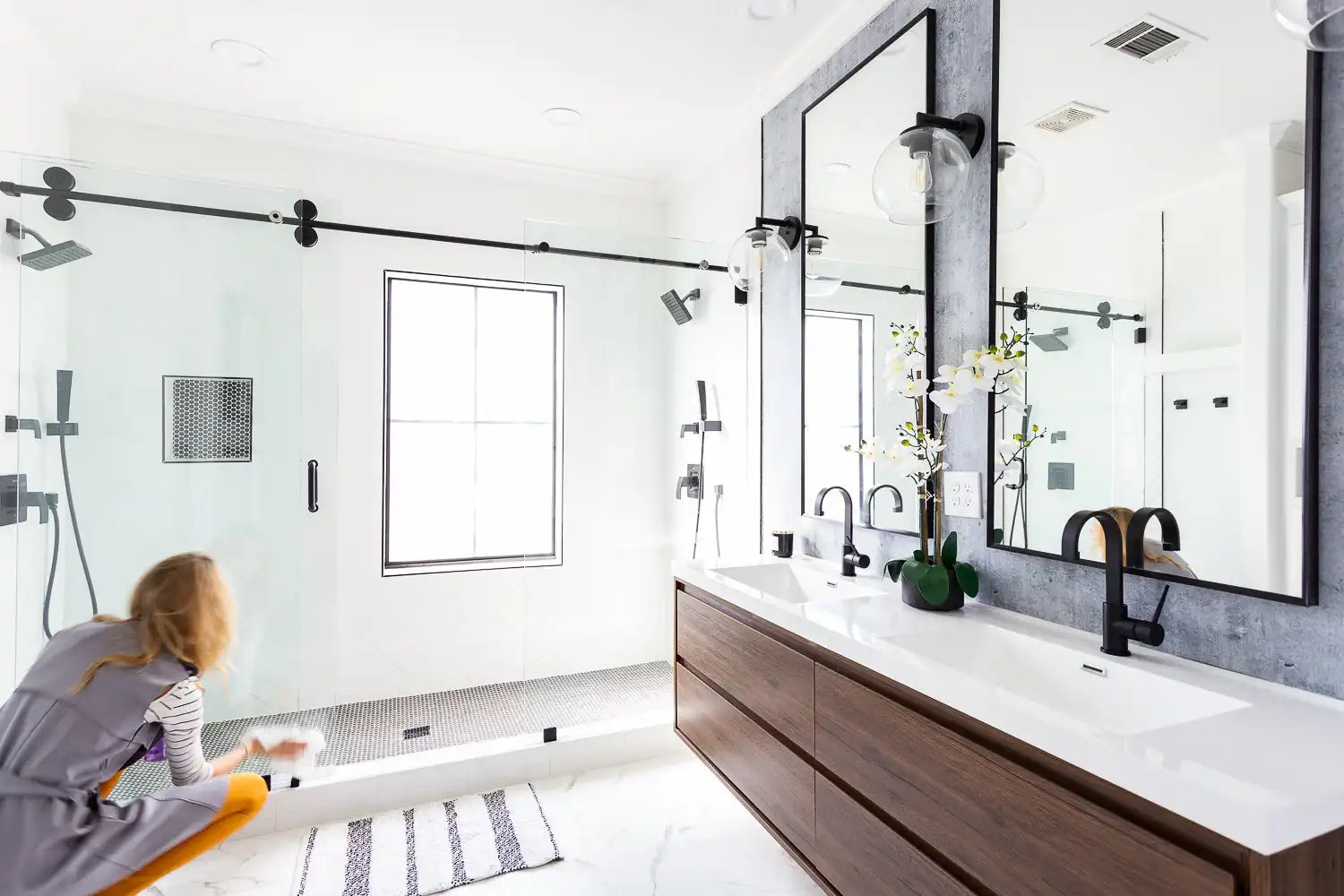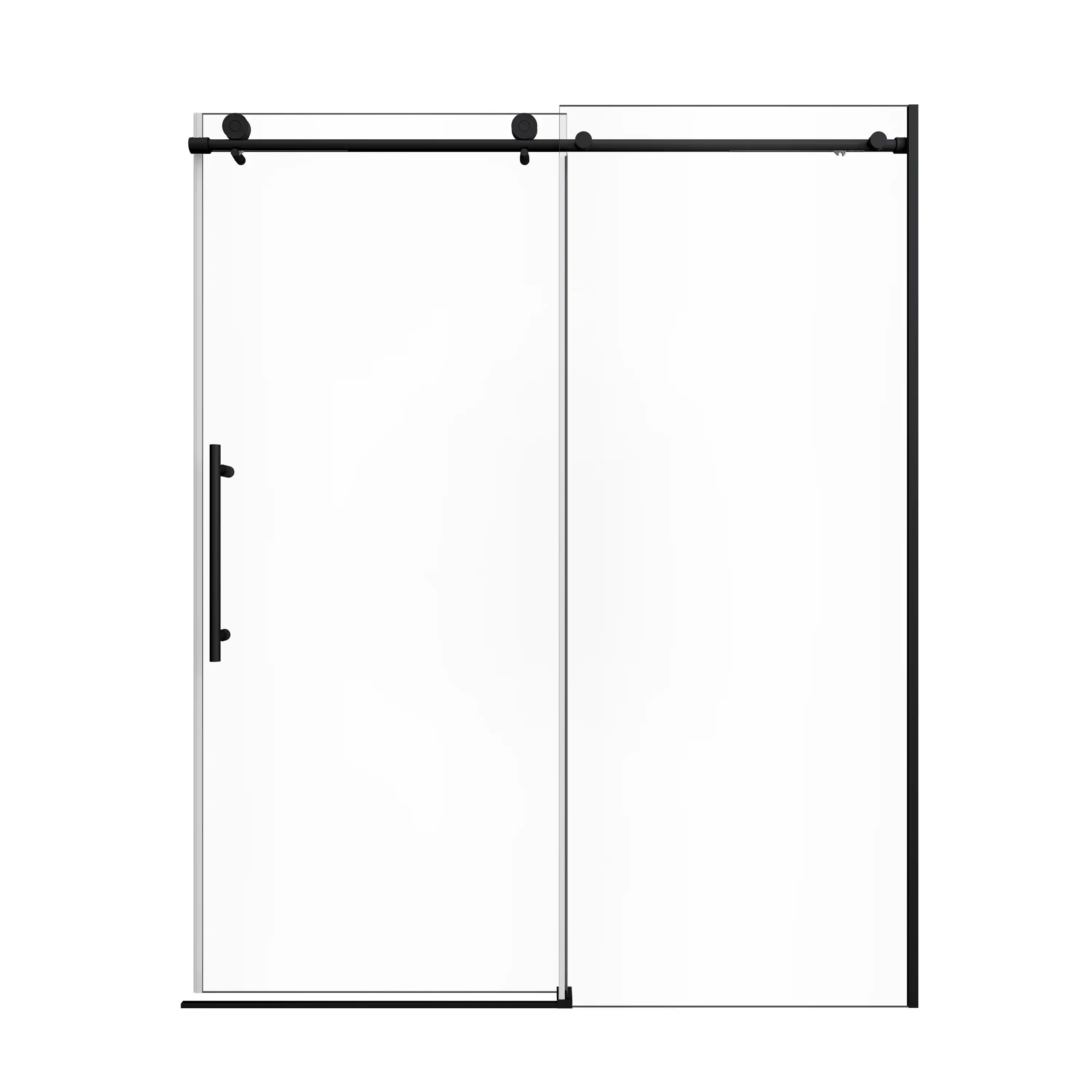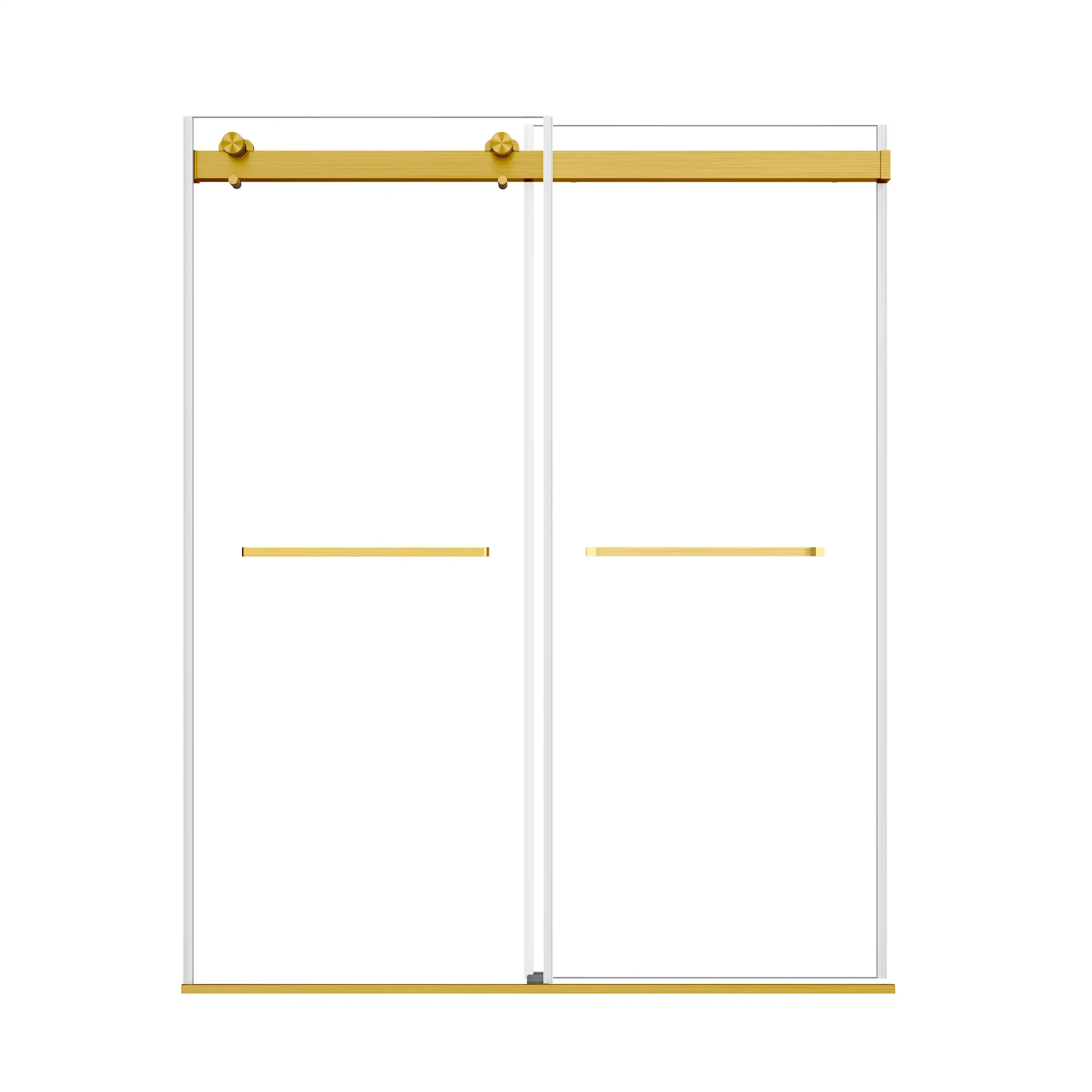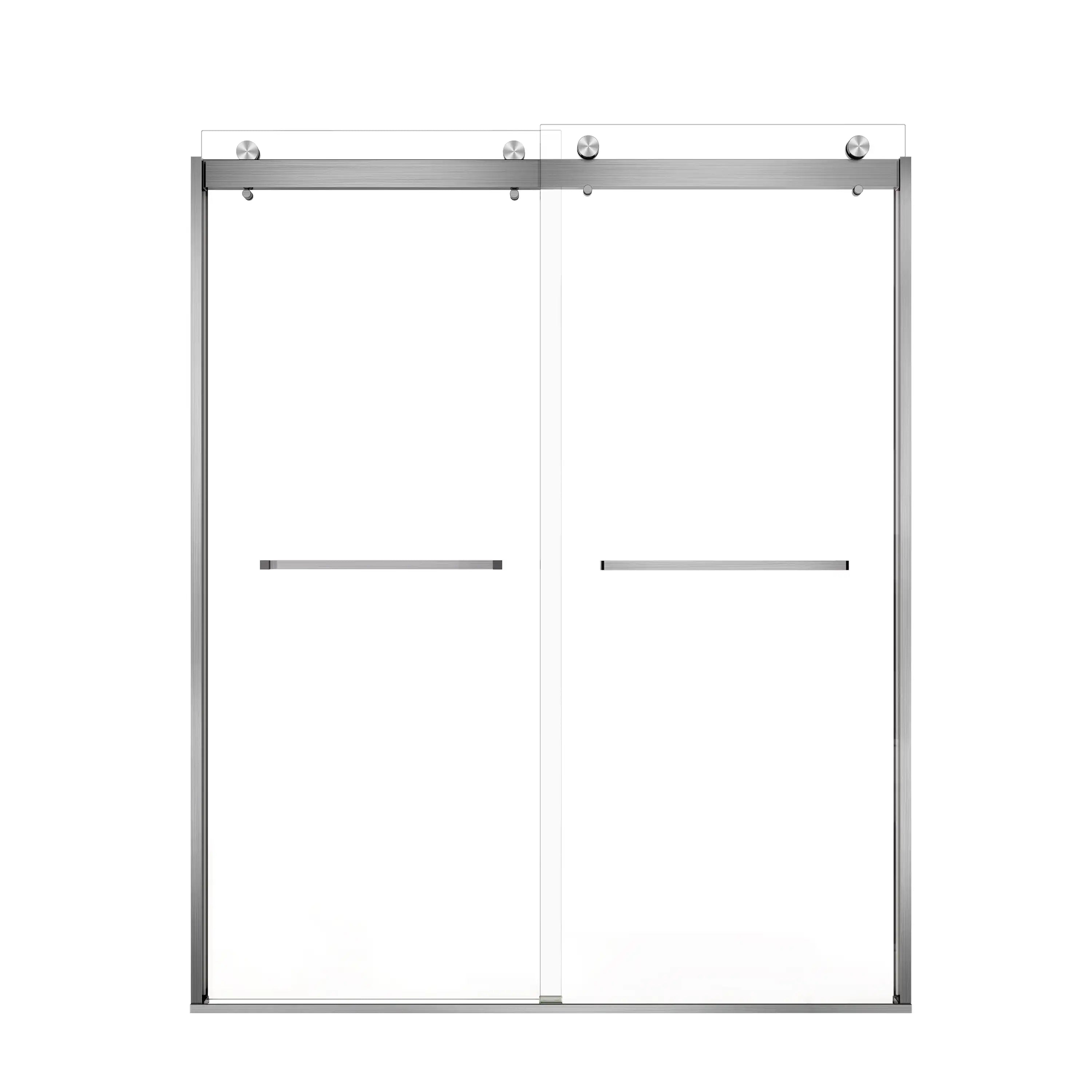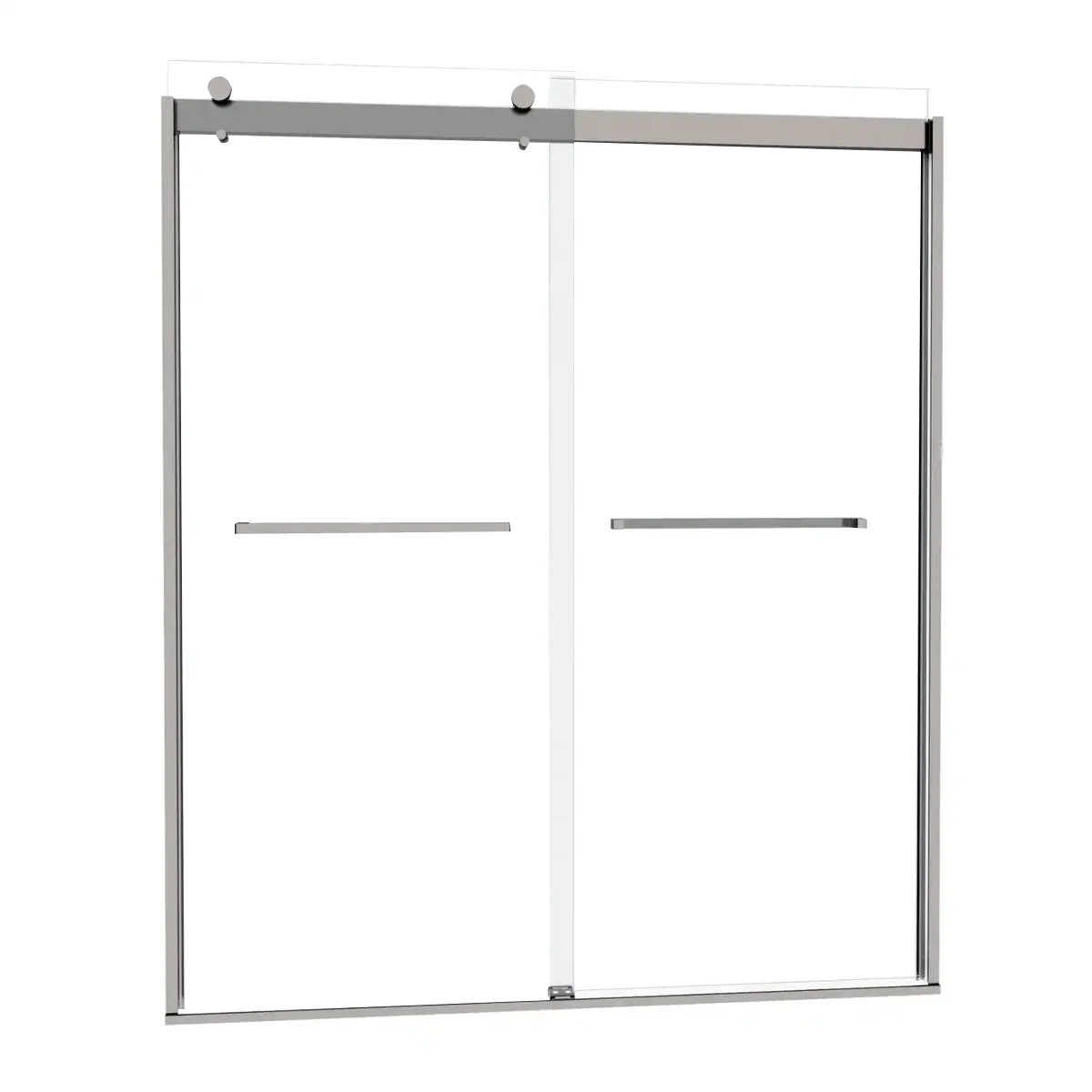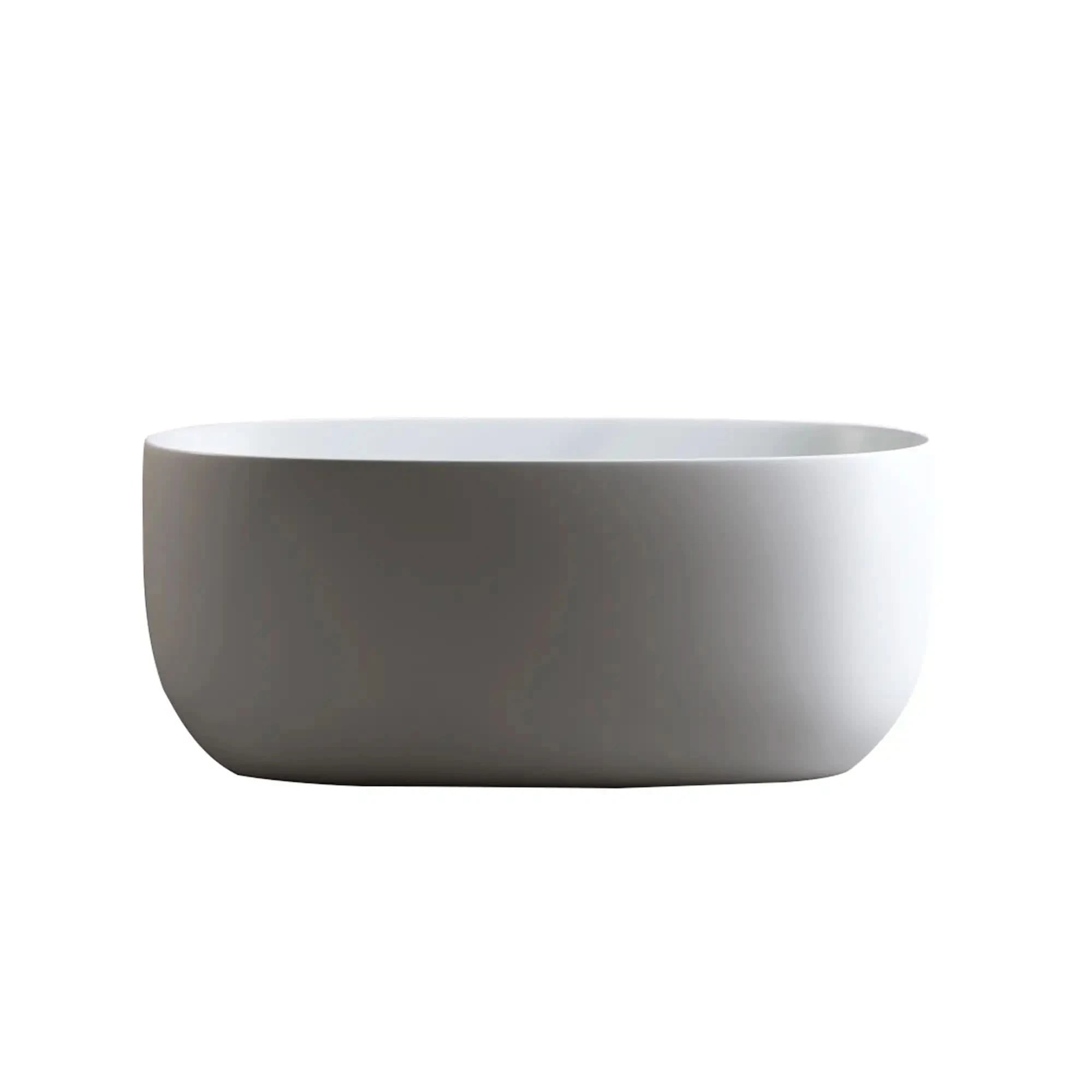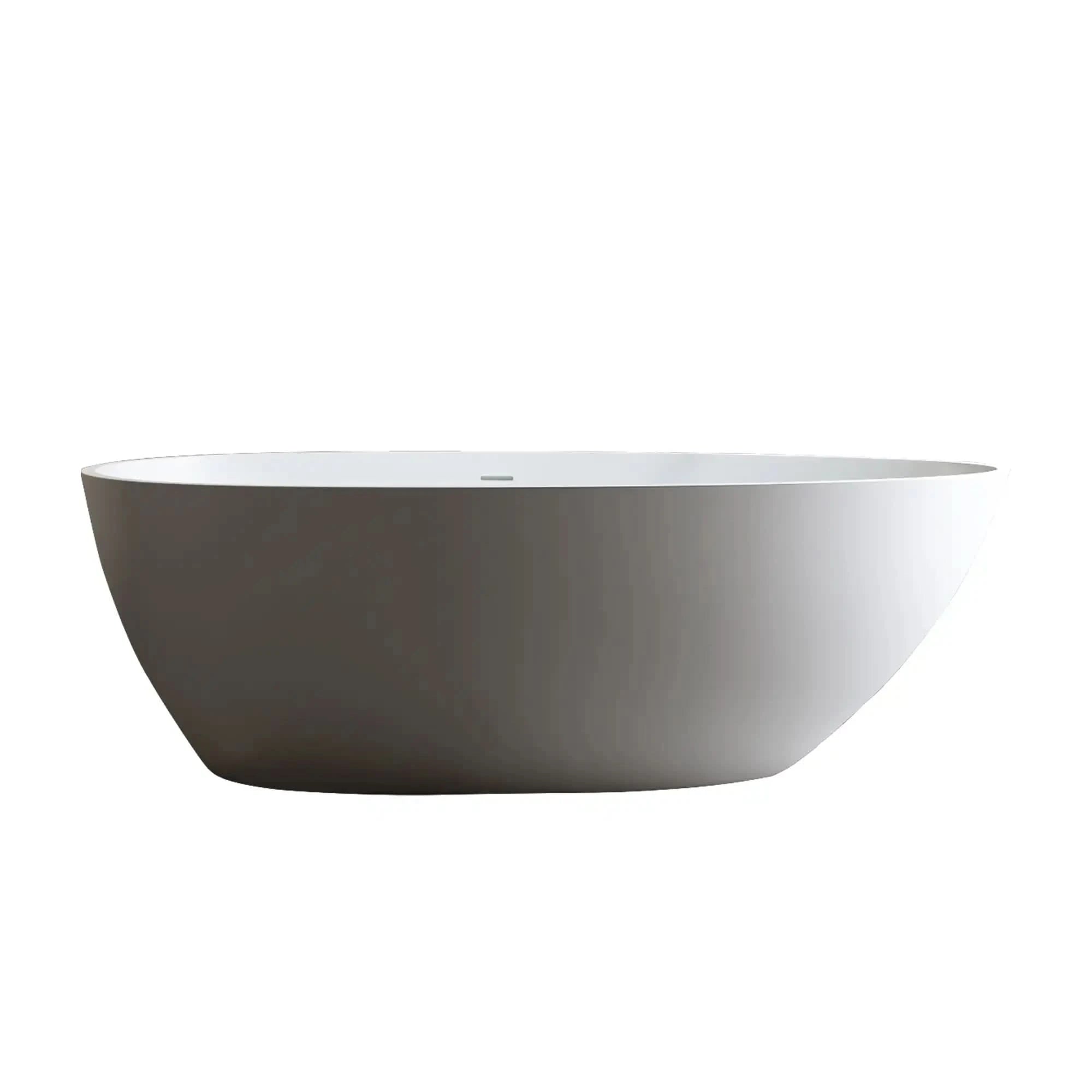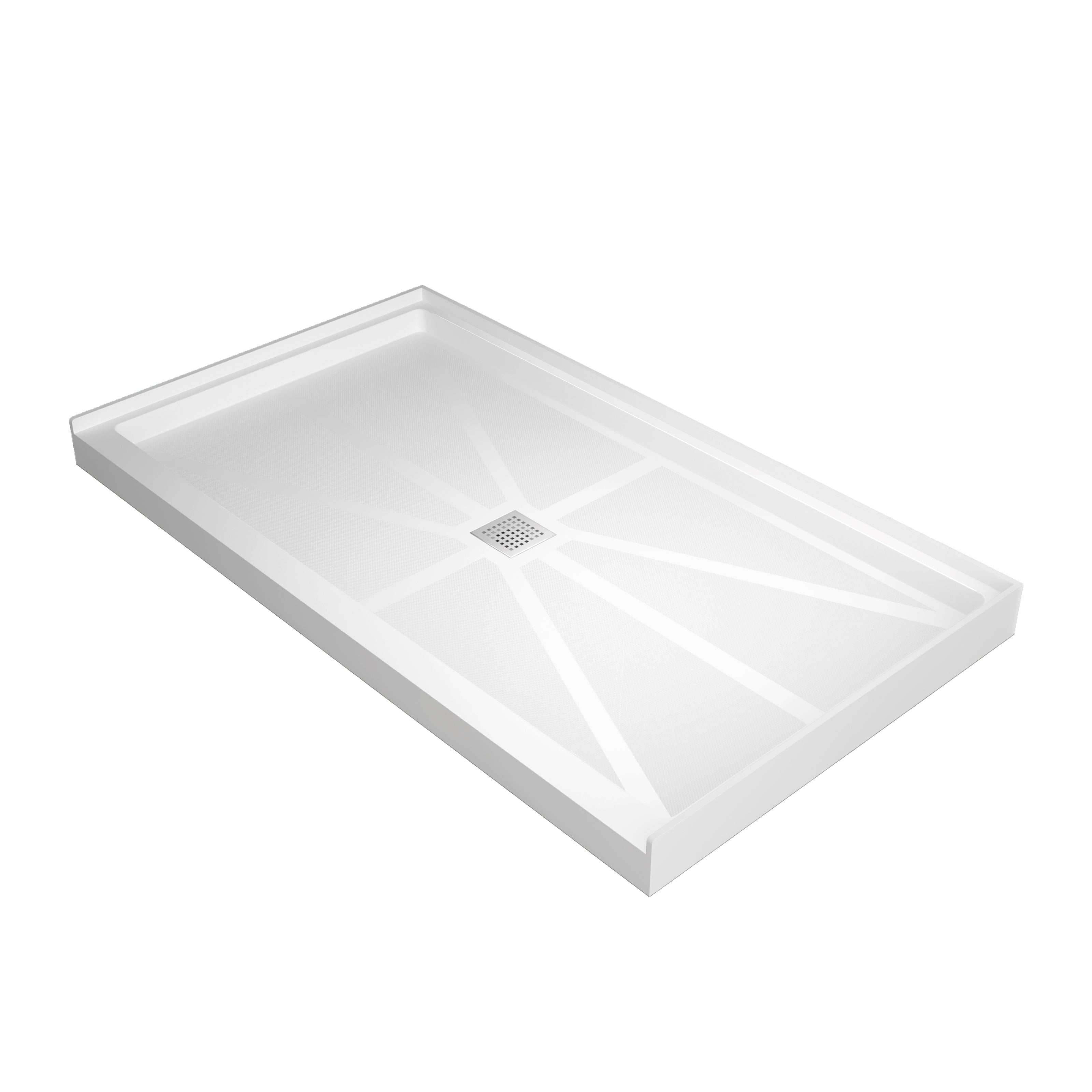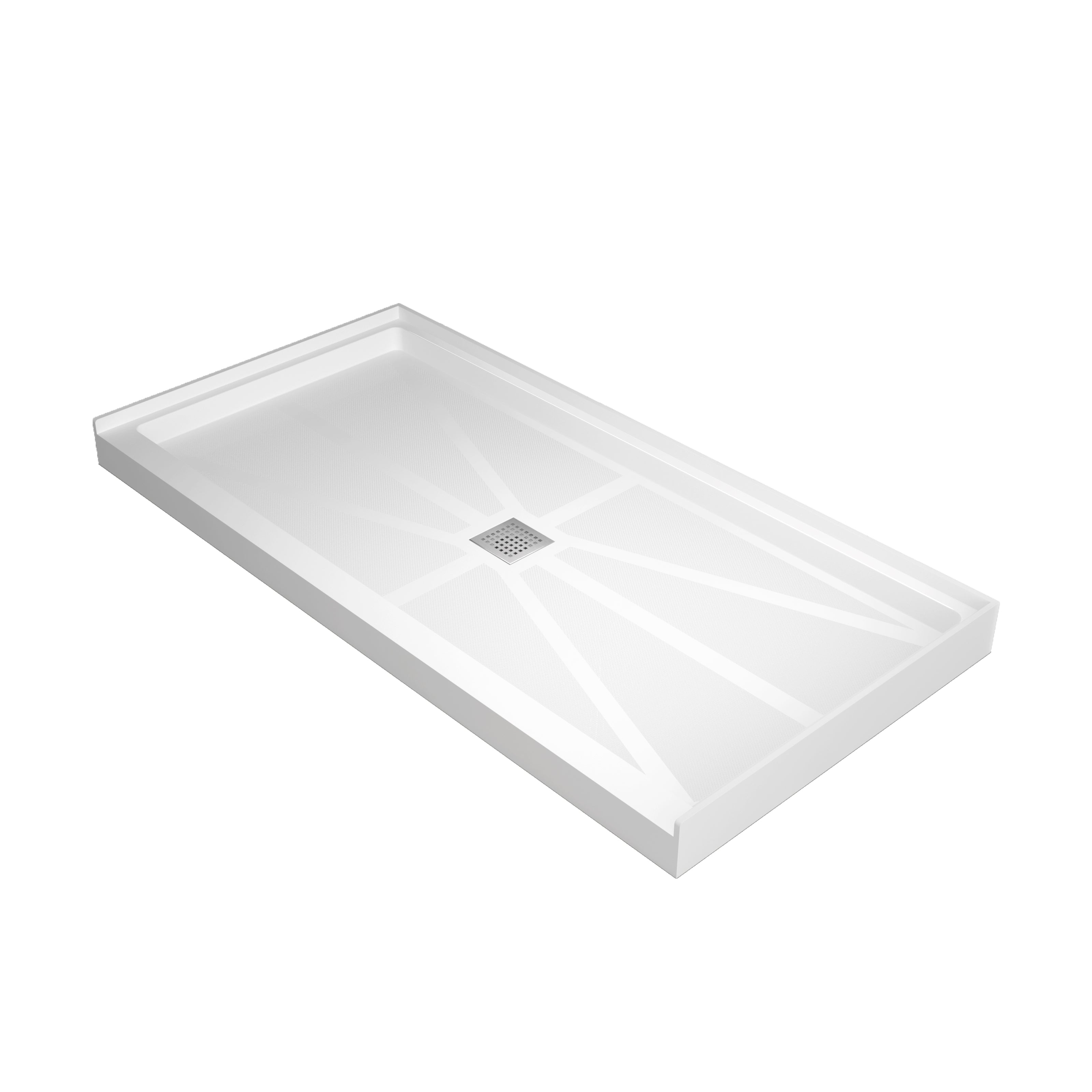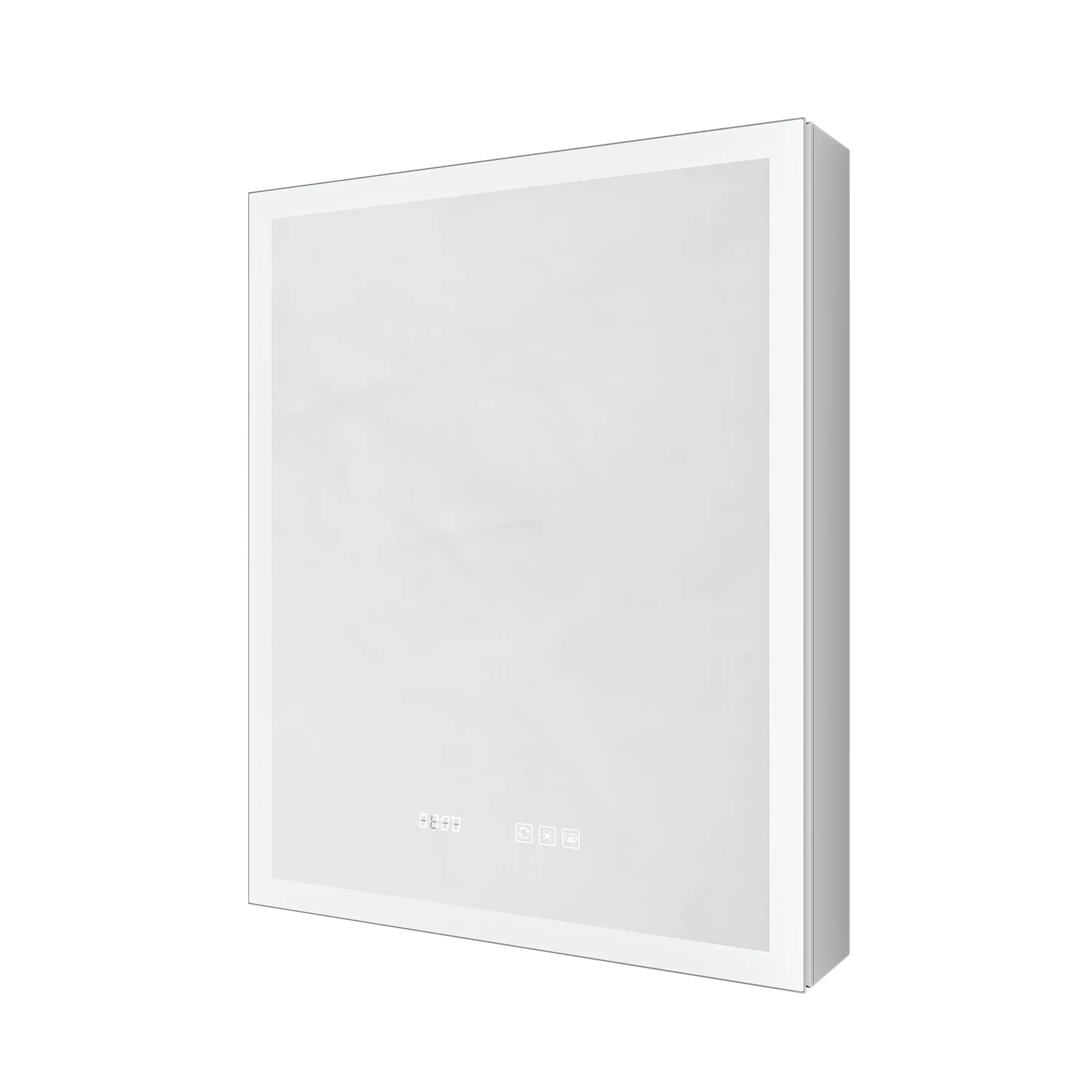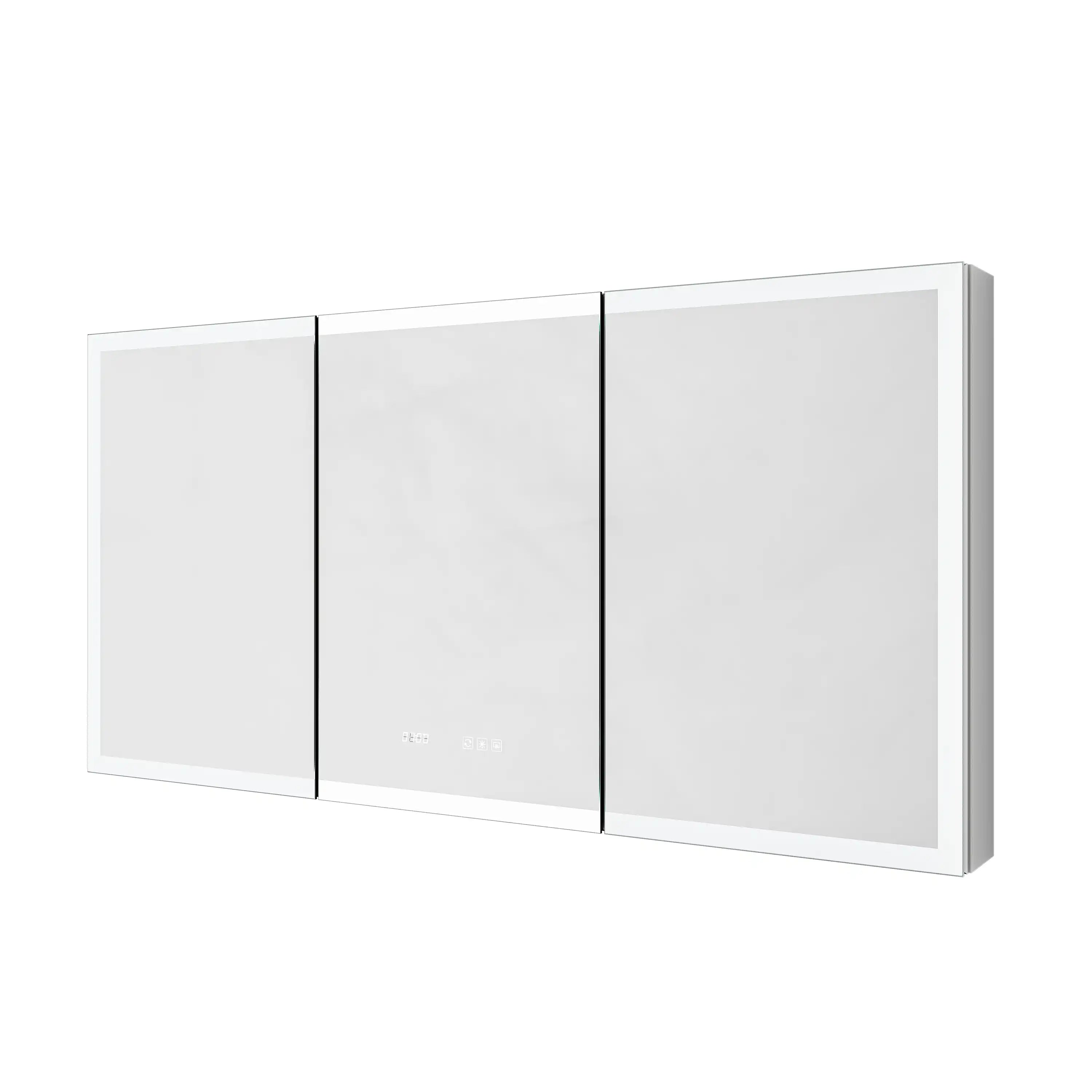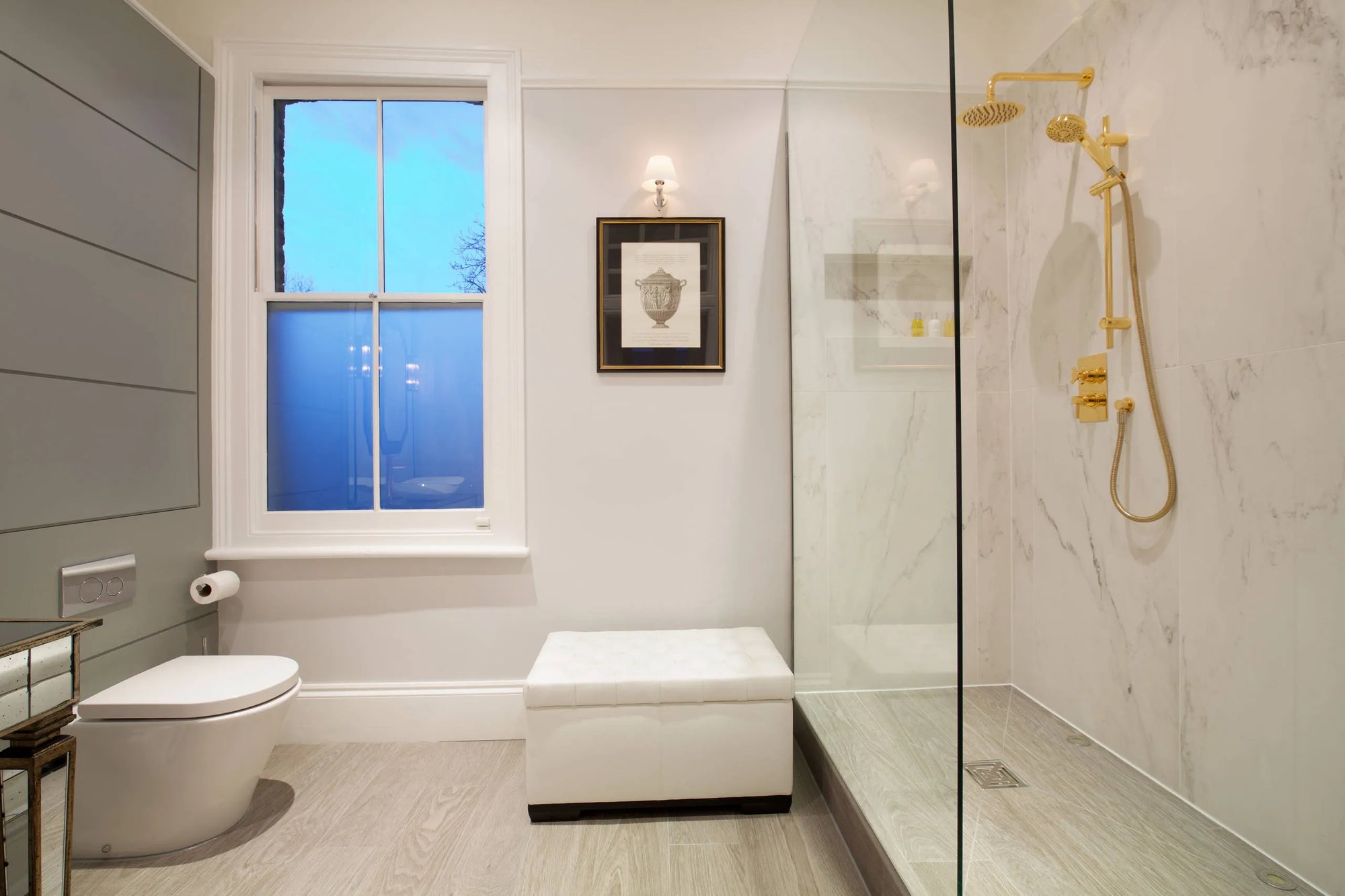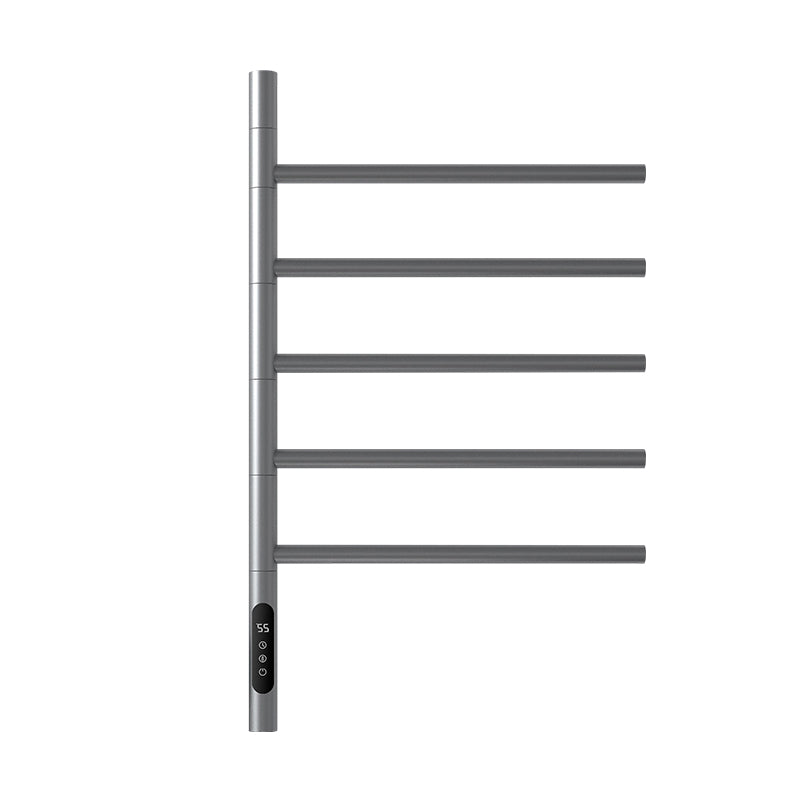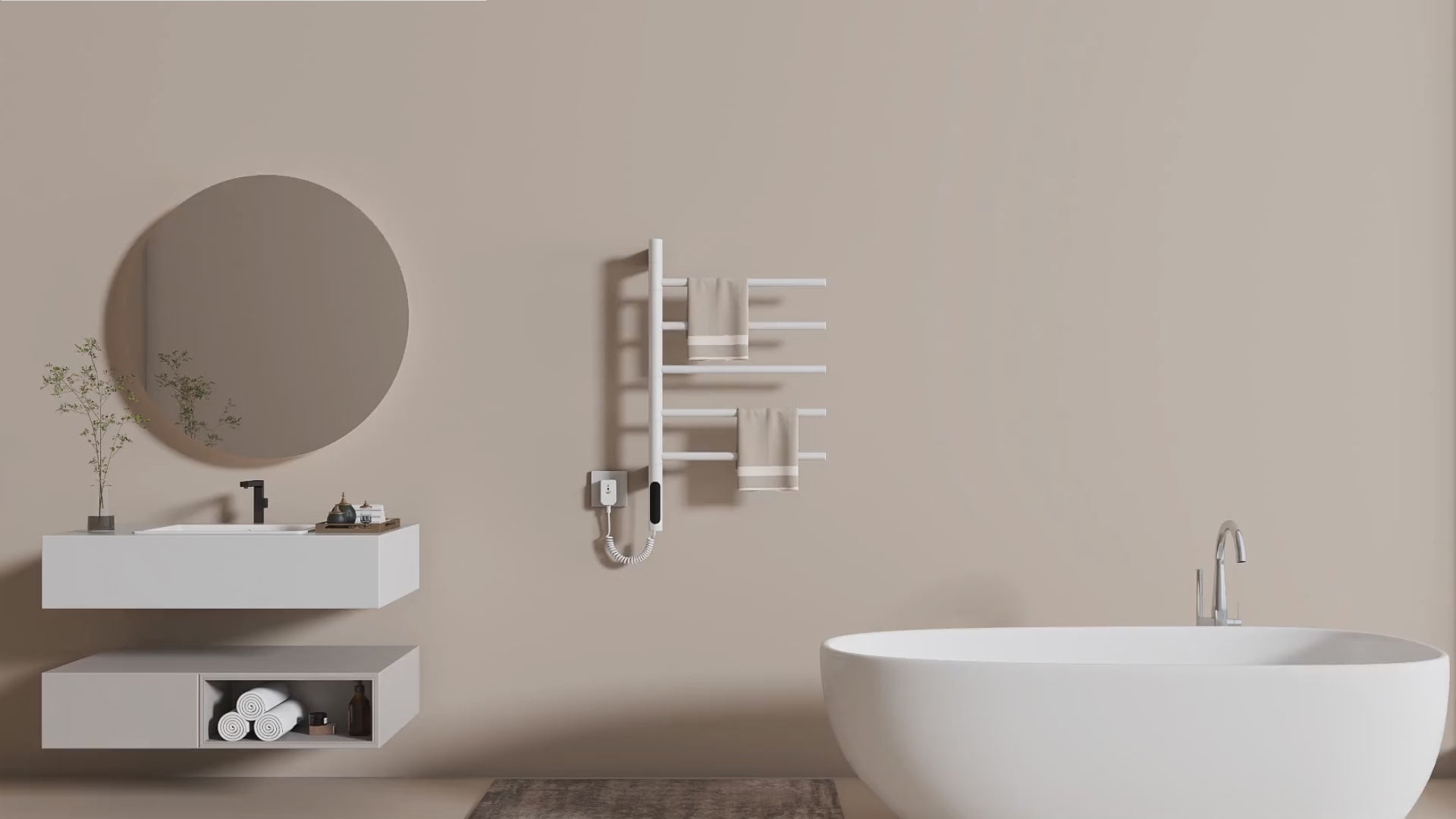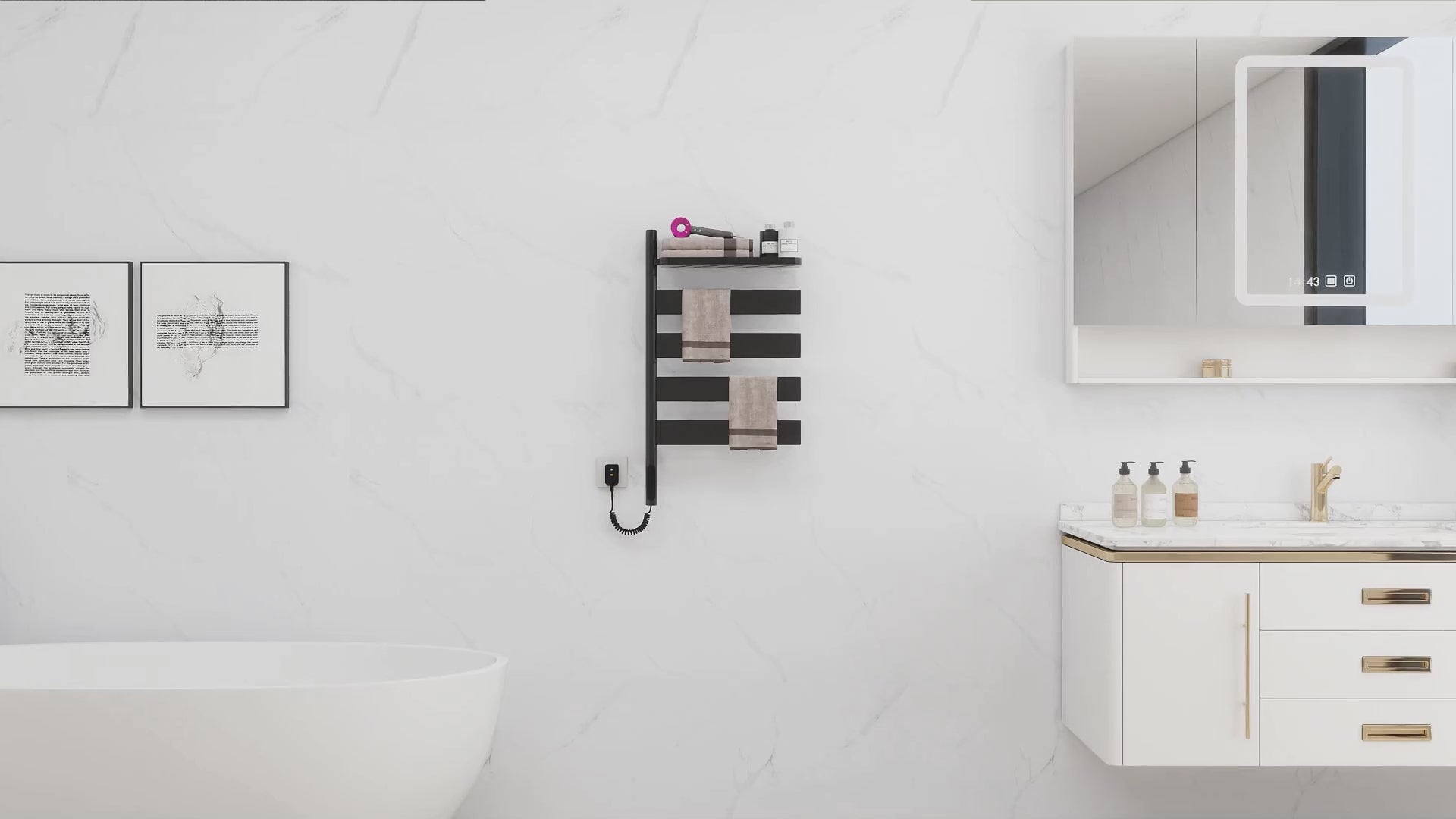Table of Contents
- Why a New Shower Door Is Worth the Investment
- Types of Shower Doors and Typical Installation Costs
- Factors That Affect Shower Door Installation Cost
- Hidden or Additional Costs
- DIY vs. Professional Shower Door Installation
- Tips for Saving Money
- Final Thoughts
- Related Articles
If you're upgrading your bathroom, one of the first questions that probably comes to mind is: "How much does shower door installation cost?” Whether you're replacing an outdated framed door or installing a sleek frameless model for the first time, understanding the real costs helps you budget wisely and avoid surprises.
As someone who's helped countless homeowners navigate bathroom remodels, I'll walk you through everything—from materials and labor to hidden expenses and smart ways to save.
Why a New Shower Door Is Worth the Investment
A new shower door installation is one of those small upgrades that can completely transform the way your bathroom looks and feels. Beyond style, it delivers measurable benefits that add value, safety, and convenience to your daily life.
1. Safety Comes First
Old shower doors can be a hidden hazard. Over time, frames loosen, seals wear down, and tempered glass weakens with repeated use. A modern shower door installation uses upgraded safety glass that resists shattering and seals tightly—helping you prevent leaks and avoid injuries, especially in family homes with kids or seniors.
2. Improved Functionality and Comfort
If your current door drips, sticks, or squeaks every time you shower, it's more than an annoyance—it's wasted energy and time. A new installation ensures smooth gliding tracks or perfectly aligned hinges, better magnetic seals, and waterproof silicone edges that keep your bathroom cleaner and drier.
3. A Style Upgrade That Lifts the Entire Bathroom
Your shower door is one of the largest visual surfaces in the room. Switching to a frameless glass shower door or a black-trim sliding model instantly gives your space a more open, spa-like feeling. Homeowners often say this single upgrade makes the bathroom feel twice as bright and modern—without needing a full remodel.
4. Durability and Easy Maintenance
Today's glass coatings and stainless-steel hardware are designed for longevity. With features like anti-corrosion finishes and easy-clean glass, you'll spend less time scrubbing away water spots and more time enjoying the space. Over 5–10 years, that also saves you replacement costs compared with cheaper framed units.
5. Increased Home Value and Buyer Appeal
When it comes to resale, shower door installation cost is one of the most recoverable bathroom investments. Remodeling reports show that a fresh, modern shower enclosure can return up to 70–80% of its cost in home value. Buyers love bathrooms that look clean, functional, and move-in ready—so even a midrange installation can pay off quickly.

Types of Shower Doors and Typical Installation Costs
When planning your bathroom upgrade, understanding the different types of shower doors—and how each one affects your shower door installation cost—is the key to getting the right balance between price, appearance, and practicality.
While prices vary by region and contractor, here's what most homeowners across the West Coast can expect to pay for professional installation in 2025:
| Type | Average Material + Installation Cost | Best For | Key Advantages |
|---|---|---|---|
| Framed Shower Door | $350–$900 | Budget-conscious upgrades or rentals | Affordable, easy to install, reliable water seal |
| Frameless Shower Door | $800–$1,600 | Modern master baths | Sleek look, thick tempered glass, brightens small spaces |
| Sliding Shower Door (Bypass) | $600–$1,200 | Compact bathrooms | Space-saving design, smooth tracks, ideal for tub-shower combos |
| Hinged or Pivot Door | $500–$1,000 | Mid-size walk-in showers | Simple operation, timeless appearance, sturdy hardware |
| Corner or Neo-Angle Enclosure | $1,200–$2,000+ | Custom layouts or remodels | Tailored fit for unique spaces, high-end appeal |

1. Framed Shower Doors – Practical, Affordable, and Low-Maintenance
If you’re upgrading on a budget but still want a solid, reliable enclosure, a framed shower door installation is a great starting point. These doors feature a full aluminum frame around every panel, which provides stability and reduces the need for thick, heavy glass. Because of that, the overall shower door installation cost stays on the lower end—usually between $350 and $900 including labor.
Beyond cost, framed doors are a smart choice for secondary bathrooms, rentals, or guest suites where functionality matters most. They’re less likely to leak because of their tight rubber seals and offer good long-term durability. Cleaning is easy with regular care, and if you choose a brushed nickel or matte black frame, it can even complement modern interiors while still being practical.
Ace Decor Insight: Many homeowners choose framed doors during partial remodels because they can often be installed on existing tile walls—saving both time and demolition costs.

2. Frameless Shower Doors – Sleek, Modern, and Built to Last
A frameless shower door installation instantly elevates any bathroom into a luxury space. Made from thick, tempered safety glass (⅜"–½"), these doors rely on heavy-duty clamps and hinges rather than a surrounding frame, creating a seamless, “floating glass” effect that opens up the entire shower visually.
The average frameless shower door installation cost runs from $800 to $1,600, depending on size and glass thickness. While the price tag is higher, the payoff is clear: these doors bring timeless elegance, better lighting reflection, and a more spacious feel. The absence of metal tracks also means fewer spots for mildew or corrosion—a huge benefit for humid climates.
Frameless doors are ideal for master bathrooms or high-end remodels, where the goal is to blend simplicity with sophistication. And with options like clear, frosted, or low-iron glass, you can tailor the privacy and brightness exactly to your taste.
Pro Tip: Pair a frameless shower door with a LED mirror or lighted medicine cabinet for a cohesive modern look that boosts both aesthetics and resale value.

3. Sliding Shower Doors – Space-Saving and Smooth to Use
For compact bathrooms where every inch counts, sliding shower doors (also called bypass doors) are the most efficient choice. They move horizontally along metal or stainless-steel tracks, so you don’t need any swing clearance.
A professional sliding shower door installation typically costs $600 to $1,200. The price depends on whether you choose a two-panel design for tubs or a three-panel enclosure for walk-in showers. The best models use smooth-glide rollers and soft-close systems, making them quiet, stable, and long-lasting.
Sliding doors are perfect for families or shared bathrooms where multiple people use the space daily—they prevent water from dripping outside, and modern rollers make cleaning easier than ever. For style, you can opt for clear glass with matte black rails for a contemporary industrial touch, or brushed nickel if your bathroom leans more transitional.
Ace Decor Suggestion: If you plan to pair your sliding door with a one-piece shower base, check compatibility in advance. Proper alignment minimizes long-term sealing issues and ensures a leak-free installation.

4. Hinged or Pivot Shower Doors – Classic Strength with Everyday Comfort
Hinged doors (also called pivot doors) have been a bathroom staple for decades for good reason—they’re simple, sturdy, and feel substantial when you open and close them. The average shower door installation cost for a hinged unit is around $500–$1,000, depending on hardware and glass size.
These doors open outward (and sometimes inward, depending on design), so they need a bit of extra space in front of the shower. But they offer excellent accessibility and long-term reliability, especially when paired with reinforced hinges and tempered glass.
Many homeowners prefer hinged doors for walk-in showers or larger enclosures, where that traditional swing motion adds a sense of comfort and familiarity. Upgraded models include self-closing hinges and full-length seals to prevent leaks—ideal for those who value low-maintenance convenience.
Ace Decor Tip: Installing a hinged door with a frameless edge can give you the best of both worlds—classic usability with a cleaner, high-end look.

5. Corner and Neo-Angle Enclosures – Custom Beauty for Creative Layouts
If your bathroom layout is unique or you’re working with a small footprint, corner and neo-angle shower enclosures are a brilliant solution. These designs use two or three glass panels that meet at angles, making efficient use of corners without sacrificing style.
Because they often require custom-cut glass and precision installation, the total shower door installation cost can reach $1,200–$2,000 or more. But what you gain is unmatched elegance and space efficiency. These enclosures visually open up tight bathrooms, allow better light flow, and can be customized with finishes that match your faucets, lighting, or vanity.
They’re especially popular among homeowners doing full bathroom remodels, where every element is coordinated—from the shower base to the LED mirror above the sink. The result is a cohesive, high-end space that feels luxurious yet functional.
Ace Decor Note: Always check ceiling height and wall plumbness before ordering a corner enclosure—custom glass is non-returnable, and precision measurement is key to a flawless fit.
When it comes to shower door installation cost, there’s no single “one-size-fits-all” answer—it truly depends on your space, lifestyle, and design priorities. Framed doors offer practicality and great value, while frameless options deliver that clean, luxurious aesthetic many homeowners love. Sliding and hinged doors balance function and style, and corner enclosures turn tricky layouts into elegant, efficient spaces.
The key is to find a design that matches your budget, complements your bathroom's layout, and enhances everyday comfort. Whether you're tackling a quick upgrade or planning a full remodel, investing in a well-installed shower door ensures long-term durability, leak-free performance, and a noticeable boost in your bathroom's overall appeal.
Factors That Affect Shower Door Installation Cost
Even with a general price range in mind, your shower door installation cost can vary quite a bit depending on several real-world factors. Understanding these details helps you plan your budget more accurately—and avoid the frustration of unexpected add-ons later.
1. Type and Thickness of Glass
The glass you choose is often the single biggest driver of total cost. Standard tempered clear glass (¼ inch) is the most budget-friendly, but many homeowners today prefer thicker, ⅜-inch or ½-inch panels for added strength and a more solid "luxury" feel.
- Frosted or patterned glass adds privacy but can increase your material cost by $100–$300.
- Low-iron or "crystal clear" glass eliminates the green tint found in standard glass, offering a high-end, true-color appearance that's ideal for modern bathrooms.
- Protective coatings (like anti-water-spot or easy-clean treatments) can raise the upfront cost but save you hours of scrubbing later.
If your bathroom doesn’t get much natural light, clear or low-iron glass helps the space appear brighter and more open—worth the upgrade.
2. Door Size and Layout
Naturally, the larger the glass panels, the higher your shower door installation cost will be. Size not only affects material but also labor and safety handling.
- Standard alcove doors are more affordable because they use common dimensions and off-the-shelf hardware.
- Oversized walk-in or corner setups require additional glass, more precise measurements, and stronger hardware, which can increase the price by several hundred dollars.
- Custom layouts—such as L-shaped or curved enclosures—need specialized cutting and extra sealing work, both of which add complexity and cost.
If your bathroom has a non-standard ceiling height or tile spacing, expect custom fabrication fees to ensure a watertight, clean fit.
3. Hardware Quality and Finish Options
Your handles, brackets, hinges, and tracks may seem like small details, but they can make a big difference in durability and appearance.
- Basic chrome or polished aluminum is cost-effective and functional.
- Brushed nickel, matte black, or oil-rubbed bronze finishes add modern appeal but can cost $50–$200 more.
- Solid brass hardware offers long-term strength and corrosion resistance—especially important in coastal areas where moisture and salt air accelerate wear.
Invest in quality hardware once. Cheap hinges or rollers can fail early, forcing you to replace them long before the glass ever needs attention.
4. Labor Rates in Your Area
Installation costs also depend heavily on local market rates. On the West Coast, where labor and permitting costs tend to run higher, professional shower door installation averages $75–$125 per hour.
The complexity of your installation will affect total labor time:
- Simple framed doors can often be installed in 2–3 hours.
- Frameless or custom glass enclosures may take 5–8 hours, especially if precise alignment or wall reinforcement is needed.
Hiring licensed, insured professionals not only ensures accuracy but also typically includes a workmanship warranty—something DIY installations can't provide.
5. Wall Condition and Prep Work
Your bathroom's current condition plays a huge role in both timeline and cost.
- If your tile or wall surface is uneven, installers may need to level or shim the enclosure to prevent gaps and leaks.
- Removing old caulk, cleaning mold, or repairing drywall before installation can add $50–$150 to your total.
- In some cases, replacing old shower bases or drain trims may be recommended for a more seamless finish.
A smooth, prepped surface always makes installation faster, safer, and longer-lasting.
Before scheduling your installation, make sure all tile and wall work is complete and fully cured—rushing this step can lead to water leaks later.
What Really Drives the Price
Ultimately, your total shower door installation cost is a combination of materials, craftsmanship, and customization. If you're aiming for a long-lasting, low-maintenance result, investing in thicker glass, professional installation, and high-quality hardware usually pays off in both comfort and resale value.
The key is balance—understanding which upgrades genuinely improve your bathroom experience and which ones simply inflate the price. With clear planning and the right installer, you can achieve that perfect mix of style, function, and budget control.
Hidden or Additional Costs
Even with a clear quote for materials and labor, homeowners are often surprised by a few extra expenses that can influence the final shower door installation cost. While none of these are major on their own, they do add up—especially in remodel projects with multiple components.
- Removing the Old Door: $50–$150: Old glass and metal frames must be carefully detached and disposed of to prevent breakage or injury. Some contractors include this in their base rate, while others charge a small removal fee.
- Custom Cut Glass or Patterned Design: $100–$400: If your shower requires non-standard measurements, angled cuts, or etched glass designs, expect a small premium. Custom work also extends lead time by a few days.
- Waterproofing and Silicone Sealing: $30–$80: Proper sealing ensures your investment lasts. This includes high-grade silicone, trim work, and waterproof membrane protection where needed—especially in older homes.
- Disposal or Haul-Away Fees: $20–$50: Glass and metal parts require specific disposal procedures for safety. It's a minor cost, but one that keeps your project site clean and compliant with local waste rules.
- Unexpected Wall Repairs: $50–$200: Occasionally, removing an old door reveals water damage or tile cracks that need patching before the new installation. Addressing these early prevents leaks later on.
If you're upgrading as part of a larger bathroom remodel, consider bundling services like mirror installation, shower base fitting, or lighting upgrades under one contractor. This not only saves time but can reduce your total shower door installation cost through package pricing or shared labor hours.
Always ask your installer for a full, itemized quote before work begins. Transparency helps you plan your budget—and avoid those small “surprise” charges that tend to appear mid-project.
Now that you have a clear picture of what goes into the total shower door installation cost—from materials and glass type to the hidden fees that can sneak in—the next big question is: Should you install it yourself or hire a professional?
While a DIY approach might seem tempting to cut costs, installing glass doors requires precision, tools, and safety know-how. Let's take a closer look at the pros and cons of each option, so you can decide which installation method makes the most sense for your budget, timeline, and peace of mind.
DIY vs. Professional Shower Door Installation
After learning the ins and outs of shower door installation cost, it's natural to wonder whether doing it yourself could save a few hundred dollars. The short answer: it depends—mainly on your skill level, available tools, and how much time you're willing to invest.
Both approaches have clear pros and cons. Let's look at what each really involves.
| Option | Average Cost | Pros | Cons |
|---|---|---|---|
| DIY Installation | $300–$800 (materials only) | Lower upfront cost, flexible timing, personal satisfaction | Risk of leaks, glass damage, or misalignment; voided warranties; safety concerns |
| Professional Installation | $150–$500 labor + materials | Perfect fit, faster setup, includes warranty, peace of mind | Higher initial cost, scheduling required |
When DIY Installation Might Work
If you have prior experience with home renovation or are confident using power tools and leveling equipment, a DIY shower door installation can be a rewarding weekend project.
- Budget-Friendly: You'll save on labor fees, keeping total costs closer to the lower end of the national average.
- Scheduling Flexibility: You can work at your own pace, which helps if you're juggling multiple projects.
- Learning Opportunity: For handy homeowners, the sense of accomplishment is real—you'll understand every detail of how your shower is put together.
However, it's not as straightforward as mounting a shelf. You'll need to handle heavy tempered glass safely, make perfectly level adjustments, and ensure a watertight seal. Even a 1–2 millimeter misalignment can cause leaks, cracks, or long-term mold issues behind the wall.
DIY installation voids most manufacturer warranties, so any glass breakage or leakage repair will be fully on your own dime.
Why Professional Installation Is Worth It
Hiring an experienced installer may raise your shower door installation cost slightly, but it also gives you measurable value that DIY simply can't guarantee:
- Precision Fit: Certified installers use laser-level tools to ensure perfect alignment and seal integrity.
- Faster Completion: What could take you a full weekend often takes professionals just a few hours.
- Safety and Warranty: Professionals handle tempered glass properly and provide workmanship guarantees that protect your investment.
- Long-Term Savings: Correct installation prevents leaks that could damage tile, drywall, or flooring—repairs that cost far more than the original labor.
Professional installation is especially recommended for frameless, custom-cut, or corner enclosures, where measurement accuracy is crucial. For many homeowners, the added peace of mind is easily worth the price difference.
When choosing an installer, always ask if they’re licensed and insured, and confirm that their quote includes cleanup, sealing, and haul-away service. The most reliable pros offer transparent, all-inclusive pricing.
Finding Your Best Fit
Ultimately, your decision comes down to time, tools, and tolerance for risk. If you're confident and the project is straightforward—say, replacing a framed door in an existing alcove—DIY can be cost-effective.
But if you're investing in a custom or frameless system, hiring a professional installer ensures that your money goes toward a flawless, long-lasting finish, not rework or repairs.
Saving $200 now could cost you $600 later. Choose the route that protects your investment—and gives you confidence every time you step into your shower.

Tips for Saving Money
Even though the shower door installation cost can vary, there are a few simple ways to keep your project within budget without cutting corners. Start by choosing a standard-size model whenever possible—custom glass and hardware can quickly double your total. You can also compare quotes from multiple licensed installers; prices often differ more than you'd expect.
If you're renovating your entire bathroom, bundle your upgrades—like pairing your new shower door with a matching LED mirror or shower base. Many retailers, including Ace Decor, offer seasonal promotions and package pricing that lower your overall cost. And finally, ask about warranties and maintenance plans—a small upfront investment can save you far more on future repairs or replacements.
Final Thoughts
Upgrading your shower door is one of the easiest ways to refresh your entire bathroom—boosting both comfort and home value. While the shower door installation cost depends on your style, materials, and layout, careful planning and professional guidance ensure you get lasting quality for your investment.
If you're ready to upgrade, explore Ace Decor's selection of modern, easy-to-install shower doors designed for every style and budget. Find the perfect balance of durability, beauty, and smart value—so every shower feels like a fresh start.
Related Articles
Looking for more ways to upgrade your bathroom with style and practicality? Check out these related guides for inspiration, cost insights, and expert renovation tips from Ace Decor.
- "How to Choose the Right Inset Medicine Cabinet: Understanding Quality, Features, and Value"
- "How a Large Freestanding Tub Adds Comfort and Value to Your Home"
- "What is a Semi-Frameless Shower Door? Benefits, Types & Buying Guide"
- "Why Your Next Bathroom Upgrade Needs a 3-Way Shower System (and How It'll Totally Change Your Mornings)"
- "Ready to Upgrade? Here's How to Choose the Best Bidet Toilet Seat for a Better Bathroom Experience"
- "Understanding Shower Head GPM: How to Choose the Right Flow for Your Bathroom Experience"
- "Why Modern Homeowners Are Choosing Bathroom Floating Vanities: 6 Arguments That Redefine Space, Style, and Functionality"
- "The 5 Universal Bath Tub Faucet Styles That Timelessly Enhance Every Interior Design Trend (And How To Choose Yours)"
- "From Basic to Beautiful: Step-by-Step Guide to Framing a Bathroom Mirror on a Budget"
- "How to Care for Your Stone Resin Bathtub & Keep It Looking Brand New"
